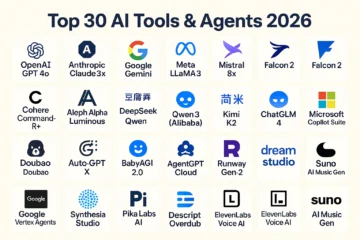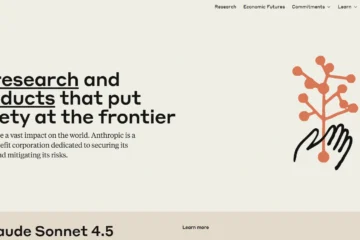
Ex-OpenAI Staff Oppose For-Profit Transition: A Blow to Ethical AI?
Former OpenAI Staffers Unite Against For-Profit Shift
In a significant challenge to OpenAI’s leadership, a group of former employees has filed an amicus brief opposing the company’s transition to a for-profit structure. The brief, submitted on April 11, 2025, raises concerns about the potential impact on the ethical development and deployment of artificial intelligence. This move highlights the ongoing debate within the AI community regarding the balance between innovation and responsible AI governance.
Ethical Concerns at the Forefront
The amicus brief argues that OpenAI’s shift towards prioritizing profit could compromise its original mission of ensuring AI benefits all of humanity. The former staffers contend that a for-profit model may incentivize the company to prioritize rapid commercialization over safety and ethical considerations, potentially leading to unforeseen consequences.
According to the brief, the unique governance structure initially established at OpenAI was designed to prevent such scenarios, ensuring that ethical considerations remained paramount. The ex-employees believe that deviating from this structure could erode public trust in AI and undermine efforts to establish global standards for responsible AI development.
Implications for the AI Industry
The legal challenge has broad implications for the AI industry, particularly for companies navigating the complex landscape of AI ethics and governance. As AI technologies become increasingly integrated into various aspects of society, the debate over the appropriate balance between profit and ethical responsibility intensifies.
The outcome of this legal battle could set a precedent for how AI companies are held accountable for the ethical implications of their work. It also underscores the growing importance of transparency and stakeholder engagement in shaping the future of AI.
Key Arguments and Potential Outcomes
The amicus brief focuses on several key arguments, including the potential for conflicts of interest to arise within a for-profit OpenAI. The former staffers argue that financial incentives could influence decisions related to AI safety, data privacy, and bias mitigation, potentially leading to compromised outcomes.
If the legal challenge is successful, it could compel OpenAI to reassess its governance structure and prioritize ethical considerations over short-term profits. Alternatively, a ruling in favor of OpenAI could embolden other AI companies to pursue for-profit models without necessarily addressing the associated ethical concerns.
Expert Reactions and Industry Outlook
The legal challenge has sparked a wide range of reactions within the AI community. Some experts support the former staffers’ concerns, arguing that ethical AI development requires a commitment to transparency and accountability. Others contend that a for-profit model is necessary to attract the investment needed to drive innovation and compete in the global AI market.
Regardless of the outcome, the debate over OpenAI’s for-profit transition highlights the ongoing need for robust ethical frameworks and regulatory oversight in the AI industry. As AI technologies continue to evolve, it is essential to ensure that ethical considerations remain at the forefront of development and deployment.








